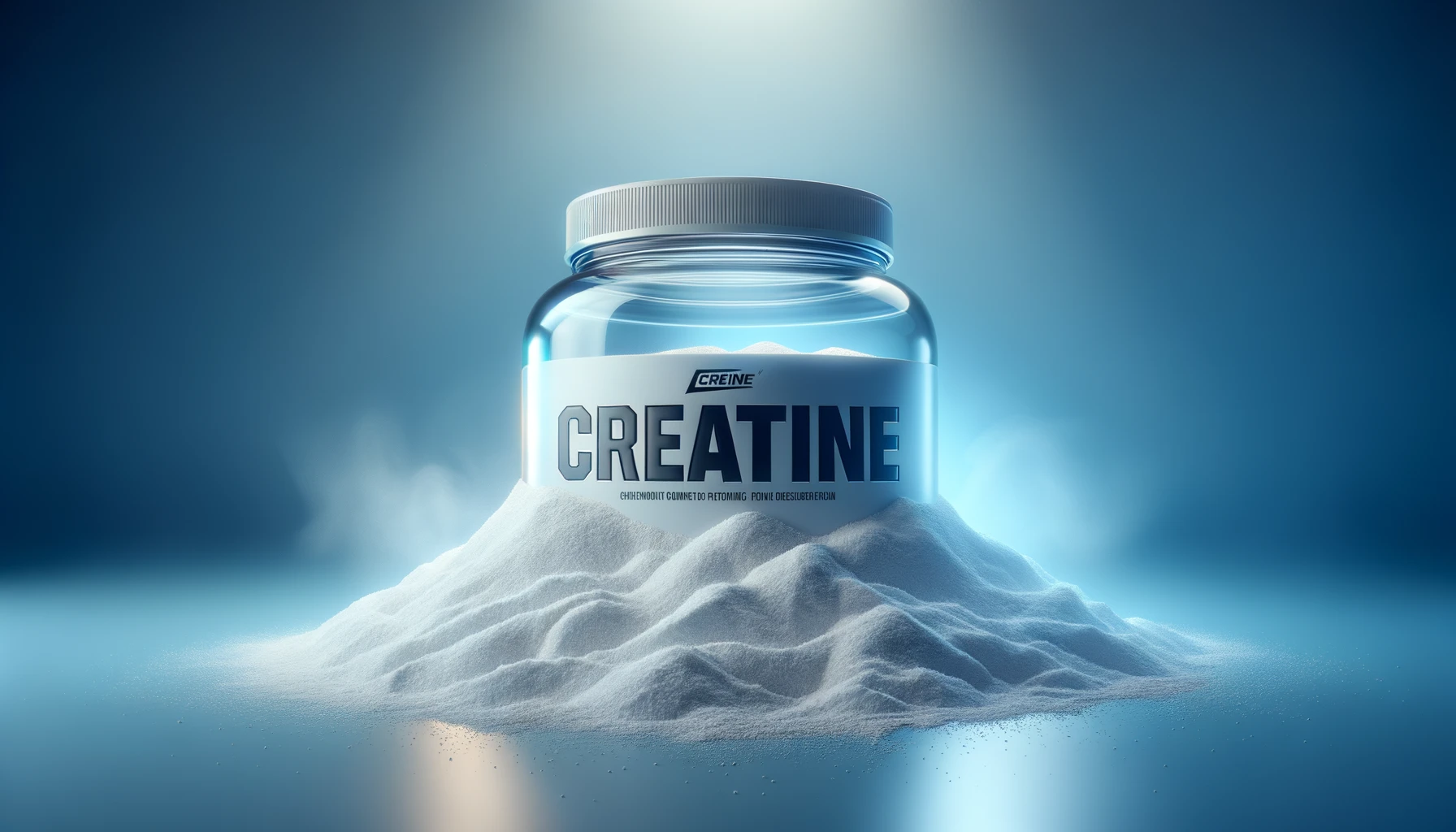Creatine is one of the most popular and well-researched supplements in the sports and fitness world. It’s lauded for its ability to improve athletic performance, but it’s also known for causing water retention in muscles.
This article aims to delve into the science behind creatine’s effects on water retention and its impact on athletic performance.
We’ll explore the pros and cons of water retention, backed by scientific evidence, and provide actionable insights on how to use creatine effectively.
How Creatine Works in the Body
Creatine plays a pivotal role in the production of adenosine triphosphate (ATP), which is the primary energy currency of the cell. It’s stored in the muscles and is used during high-intensity, short-duration activities like sprinting and weightlifting.
When you take a creatine supplement, you increase the creatine stores in your muscles, which in turn helps in quicker regeneration of ATP. This allows for improved performance and quicker recovery.
For a comprehensive guide on how creatine works, you can refer to our article on The Science Behind Creatine & HMB.
Creatine and Water Retention: The Science
Creatine supplementation often leads to water retention in muscles. This happens because creatine pulls water into your muscle cells, increasing protein synthesis. This is known as the osmotic effect of creatine.
While some people view this as a downside due to the temporary weight gain, it can actually be beneficial for muscle growth and endurance. Studies have shown that water retention can also aid in muscle recovery and reduce muscle breakdown.
Pros and Cons of Water Retention
Pros
Increased Muscle Volume
One of the most noticeable benefits of creatine-induced water retention is the increase in muscle volume. When creatine pulls water into muscle cells, it creates a fuller and more “pumped” appearance.
This can be particularly motivating for bodybuilders and fitness enthusiasts who are looking to improve their physique. The increased muscle volume isn’t just cosmetic; it also plays a role in muscle endurance and can make your workouts more effective.
Aids in Muscle Recovery
Another advantage of water retention is its potential to aid in muscle recovery. The additional water in the muscle cells can help to reduce inflammation and accelerate the repair of damaged muscle tissues.
This is particularly beneficial for athletes or anyone engaged in high-intensity workouts, as quicker recovery means you can train more frequently and effectively.
Cons
Temporary Weight Gain
While water retention can have its benefits, it also leads to temporary weight gain. This can be a significant concern for athletes who compete in weight-class sports like wrestling, boxing, or weightlifting.
The extra weight could potentially move you into a higher weight class, affecting your competitive edge.
Bloating and Discomfort
Some individuals may experience bloating and stomach discomfort due to the increased water retention. This is generally a minor side effect but can be uncomfortable and may affect your performance or general well-being.
Understanding these pros and cons can help you make an informed decision about whether creatine supplementation is right for you. For more insights, you might want to read our article on Creatine & HMB Guide: All Questions Answered.
Creatine and Athletic Performance
Creatine has been shown to improve performance in various types of athletic activities, including strength-based sports like weightlifting, high-intensity sports like sprinting, and endurance sports like long-distance running.
It enhances the body’s ability to produce energy rapidly, allowing for improved performance and quicker recovery. For women athletes who are considering creatine supplementation, our article on the Best Creatine for Women provides valuable insights.
How to Use Creatine Safely
When it comes to creatine supplementation, it’s crucial to follow recommended dosages, which is usually around 5 grams per day for maintenance. Timing also matters; taking creatine post-workout can maximize its absorption.
However, for the first week of your creatine supplementation you should conduct a creatine loading phase which consists of 20 grams per day for 7 days in order to saturate your creatine stores in your muscles. After that week, you then drop down to 5g per day to maintain those levels.
Conclusion
Creatine is a powerful supplement that offers a range of benefits, from improved athletic performance to enhanced muscle recovery. However, it’s essential to understand its effects on water retention to use it most effectively.



You must be logged in to post a comment.